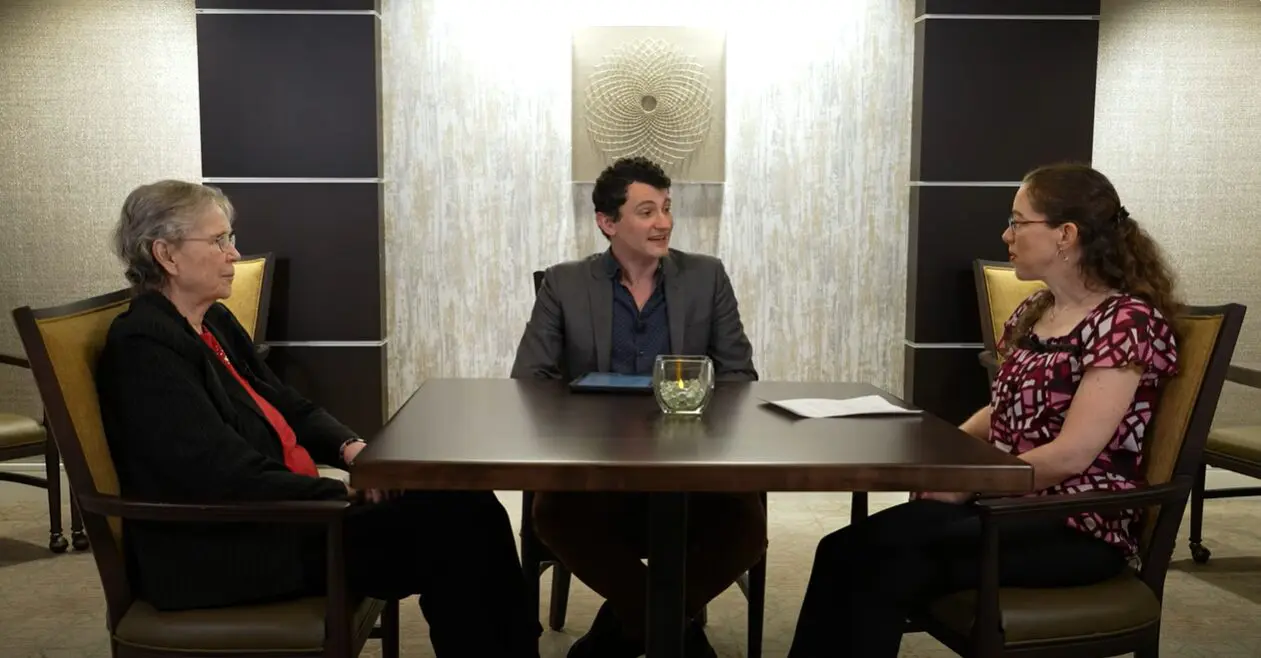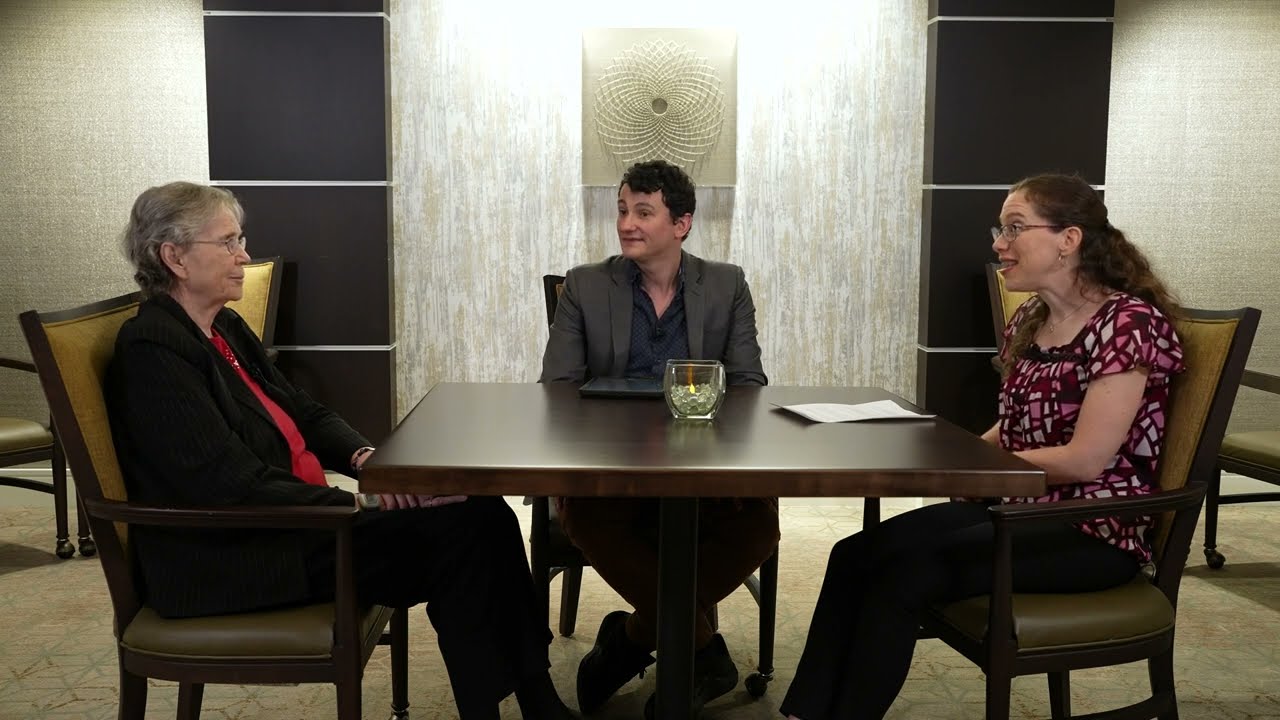Moving to a retirement community, or new neighborhood with a community, can sometimes be stressful for residents. Living Branches has welcome committees and programming in place to help with this process, but it can still take time to meet new neighbors and feel a sense of home and comfort.
So when our creative arts therapy coordinator, Seth Laucks, got the phone call that a doctoral candidate at Drexel University wanted to conduct a study at Living Branches surrounding music therapy and the move-in process, he was eager and ready to help!
What made this study so appealing? The impact of music therapy has been studied for years, proving its mental health benefit, but this study was different. Brigette Schneible, PhD candidate at Drexel University, wanted to study music therapy and the effects it has on the transition process into a long term care community.
What brought Brigette to Living Branches?
“When I was looking for long term care communities to conduct this study for my doctoral dissertation, I just loved how phenomenal the creative arts therapy program is here and how involved Living Branches is with their residents and the entire community. I knew I needed a vibrant place like this, and that is what brought me here.”
Now that the study has been completed and published in the American Music Therapy Association’s Journal of Music Therapy, our creative arts therapy coordinator, Seth Laucks, sat down with Brigette and a resident from Dock Woods who was interviewed during the study, Nancy Vicario, to learn more about the move-in process and the outcome of Brigette’s study.
When asked about her experience moving into Oakwood Court (the Personal Care neighborhood at Dock Woods) Nancy said, “At first, I missed some of my things from home. But when I heard Seth playing, it is impossible not to feel something. It really helped to bring me out, get moving, and meet people.”
This is exactly what Brigette noticed during her study and developed into a model titled “The Music Therapy in Transitions to Long-Term Care Model.” She found five important aspects to music therapy and the transition to long term care. They are as follows:
- Music therapy is accessible and engaging
- Music therapy is personal and meaningful
- Music therapy is a bridge to other resources. This means that by participating in music therapy programs, residents are more likely to try other programing and social opportunities.
- Music therapy facilitates internal transformation and community integration. Residents begin to realize their importance and how much they contribute and matter to the community.
- Music therapy helps you feel your best self. This includes physically, psychologically, and personally.
Nancy agrees with all these findings and is an advocate for the creative arts therapy program. She has made it her mission to make new residents feel welcomed and always encourages them to join her during one of Seth’s programs.
Congratulations to Brigette on her accomplishment of getting published in the American Music Therapy Association’s Journal of Music Therapy, and graduating from Drexel University with her doctoral degree!
The entire interview with Seth, Brigette, and Nancy is available for viewing above.
Citation
Schneible, B. K., Beer, L., McDermott, O., Mulhorn, K., Shim, M., & Bradt, J. (2023). Development of the Music Therapy in Transition to Long-Term Care Model. Journal of Music Therapy, 60(4), 435-462. https://doi.org/10.1093/jmt/thad012
Living Branches is a non-profit system of senior living and affordable housing communities with campuses in Hatfield, Souderton, and Lansdale. Contact one of our sales counselors to see which campus is right for you.


